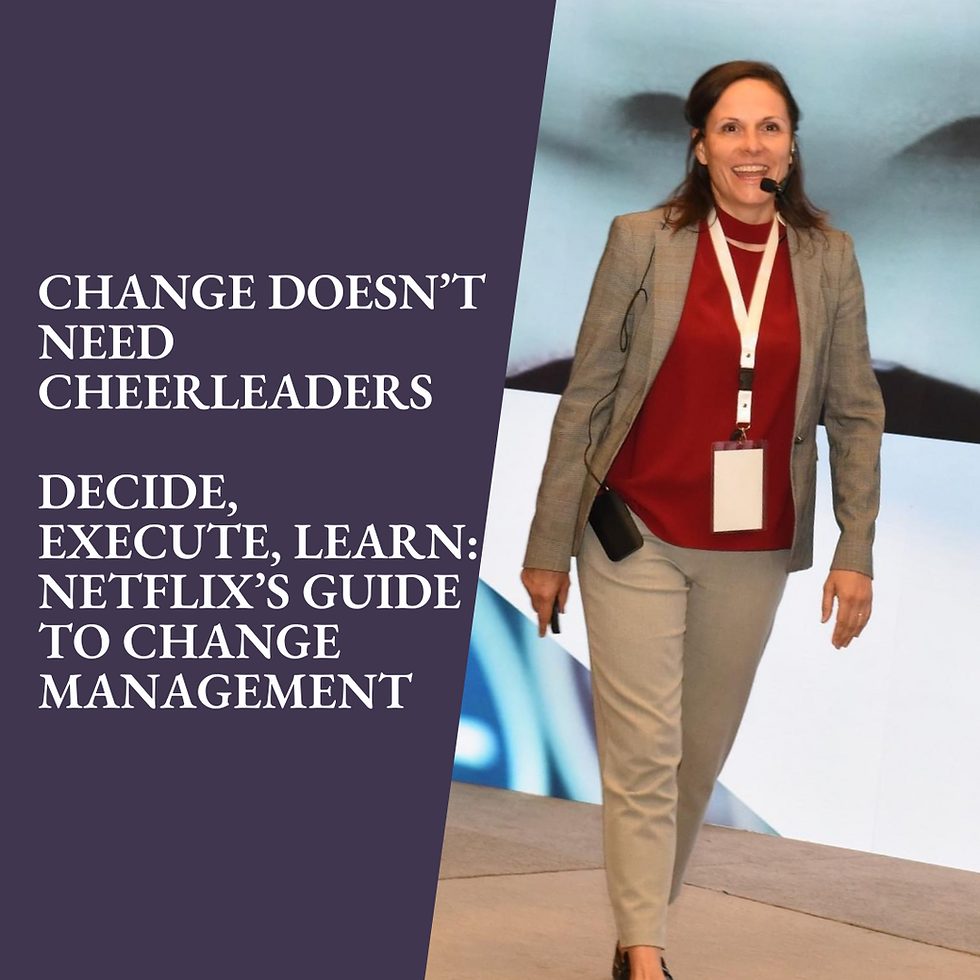The Happiness Mess
- Szilvia Olah

- Jul 9, 2023
- 3 min read
One’s happiness is a complicated phenomenon signalled by the ambiguity surrounding it, starting with its definition. Finding a definition of happiness is like eating from a cheap Chinese buffet. There are plenty of options to choose from, but nothing fits perfectly. Merriam-Webster defines it as “a state of well-being and contentment”, according to the Oxford Dictionary, happiness is “the quality or condition of being happy”. The Dalai Lama goes against this notion, claiming that “happiness is not necessarily some pleasant experience, but a neutral sort of experience that can bring deep satisfaction”. Religions equate happiness with certain behaviours and virtuous activities. Not even Seligman, the father of positive psychology, provided us with a clear definition but instead identified three ways – initially - that lead to happiness; 1, Positive Emotion, 2, Strength, 3, Virtue which later were supplemented by Relation and Achievement and established as the “building blocks of happiness” giving it a clearer meaning but not yet a definition.
Happiness meant different things over time, and it only has been associated with pleasure and something that the self can attain in the past two centuries. Happiness evolved from virtue, prosperity, luck, fertility, and divine favor, to what it is today. Today, happiness encompasses most aspects of life, from workplace culture to neuroscience. While happiness used to be associated with something unexpected that just happens to a person, today, we developed a profound sense of entitlement to it. So much so that countries like India, the UAE, and the UK, among many others, have taken significant steps toward implementing Happiness Programs, suggesting that it is a learnable skill or behaviour. The field of Positive Psychology that happiness programs are embedded in also leads us to believe that we can learn to be happier through its interventions.
Unfortunately, the lack of convincing evidence for effective Positive Psychology Interventions (PPI) ought to remind us of Lykken and Tellegen’s famous line; “It may be that trying to be happier is as futile as trying to be taller and therefore is counterproductive”.
What we can learn, though, is the biological base of fulfilment & reward and go from there.
Studying psychology gives you a great understanding of the complex nature of happiness. It is embedded in your DNA (happiness set point), linked to the reward system in the brain, and depends on your circumstances, personality DNA, and actions.
The only aspect of happiness employers can SLIGHTLY impact is the circumstance, and there is only one simple thing they can do that costs absolutely nothing. Do Not Make People Unhappy. We don't need slides, cake, my birthday celebration, a text message from the CEO because I gave birth, or a $10 cinema voucher. All of that is cancelled if the culture is toxic.
As for the individuals, you all must understand that experiencing context-appropriate negative emotion is necessary! Who sold you the idea that you must be happy at all times? Job dissatisfaction can push you to find something else, anxiety can be turned into problem-solving, anger transformed into a greater understanding of each other, and benevolent envy (upward comparison) can stimulate you to perform better. Simply put, unhappiness can be the trigger to happiness. So embrace it, but don't sit in it too long because this is where people get stuck.
If you do nothing, you will be miserable. If you spend your time watching stupid TV after work instead of working on the solution to your problem, you literally say hi and welcome to sadness and depression. Because when you are not doing anything, you will feel like crap! This is a normal response of the reward system in your brain. It is smart, knows when you are doing nothing, and will not reward you. You cannot bullshit the genetically ingrained reward system you can only bullshit yourself. The body talks to you, so listen!
Aim for struggle, problem-solving, achievements, friendships, camaraderie, love, family, testing yourself, and learning, your brain rewards all those things, so do those. Your brain will not reward complaining, feeling sorry for yourself or hiding in Netflix, alcohol or video games.
You will never be satisfied without understanding and respecting this mechanism. And HR professionals will keep on wasting company money on cakes and celebrations.
If you want to read the longer version of this, please see it here.

.png)



Comments